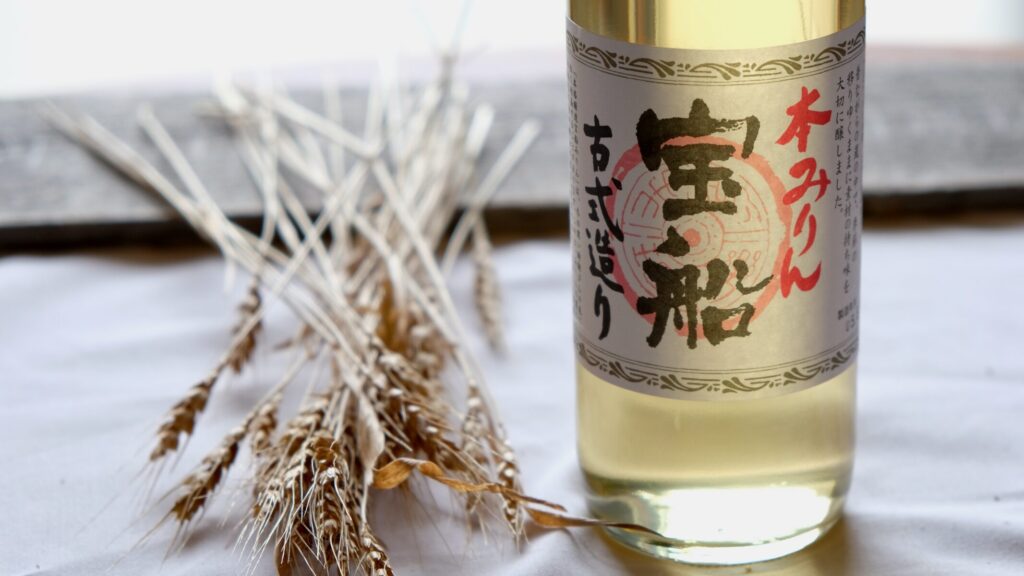The Hidden Gem: Kubota Shuzo's Mirin
Welcome to the picturesque town of Noda, a serene oasis tucked amidst the lush landscapes of Japan. True delight awaits those seeking to indulge their senses and savor the finest flavors. At the center of this enchanting setting stands the revered Kubota Shuzo, a sake brewery steeped in a legacy of craftsmanship that spans five generations. A timeless tradition of creating exquisite Mirin, the beloved sweet rice wine, has been meticulously upheld within its hallowed walls.
Prepare to be enthralled as we embark on a captivating journey, unveiling the tale behind this cherished local treasure. From the rich history that intertwines with the fabric of Noda’s heritage to the meticulous artistry and dedication that permeates every step of the brewing process, we invite you to discover the secrets and allure of Kubota Shuzo. Join us as we delve into the flavors, aromas, and traditions that have made this hidden gem an authentic culinary gemstone in the heart of Japan.
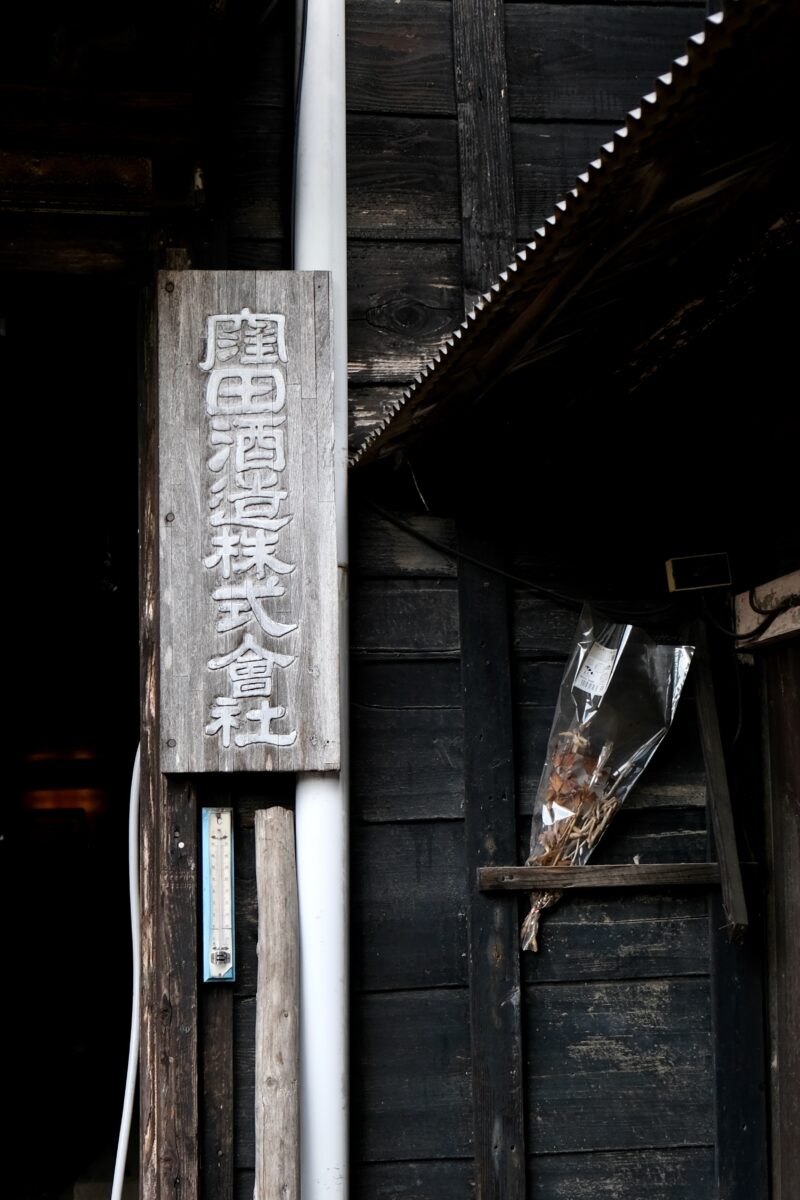
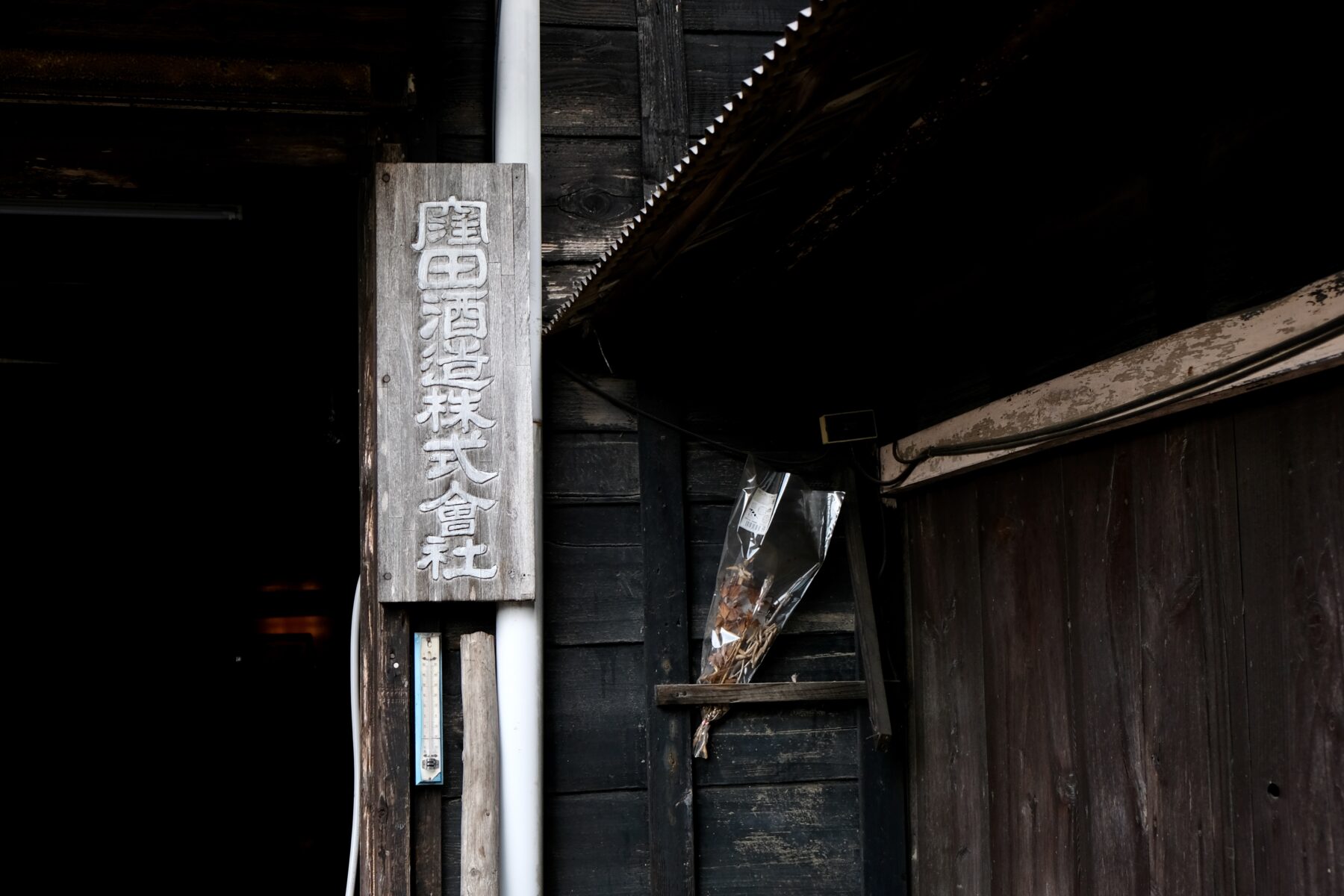
The Legacy of Kubota Shuzo
Immerse yourself in the picturesque surroundings of Yamasaki, a charming enclave nestled alongside the tranquil Tone Canal in Noda City. Here, amidst the idyllic scenery, stands the venerable Kubota Shuzo sake brewery, a bastion of craftsmanship since its inception in 1872.
Situated initially in Ibaraki Prefecture, the brewery found its true home in Yamasaki in 1896, lured by the abundant high-quality water essential for the art of sake-making and the convenient water transportation afforded by the canal.
Noda City, located in the Chiba Prefecture of Japan, is a captivating destination steeped in history and natural beauty. Situated in the northeastern part of the prefecture, it borders the city of Tokyo. It is renowned for its picturesque landscapes, tranquil rivers, and charming rural atmosphere.
Home to a rich agricultural heritage, Noda City is famous for producing soybeans and sake rice, essential ingredients in creating traditional Japanese cuisine and sake. The region’s fertile lands and favorable climate make it an ideal environment for cultivating these crops, contributing to the city’s reputation as a culinary haven.
With a history of 150 years, Kubota Shuzo proudly upholds the time-honored traditions of sake brewing. Guided by the unwavering commitment of Yoshitaro Kubota, the fifth-generation proprietor, the brewery remains dedicated to preserving and perfecting the age-old techniques that have defined its legacy. Join us as we delve into the captivating world of Kubota Shuzo, where passion, craftsmanship, and a deep appreciation for the art of sake converge in harmonious union.
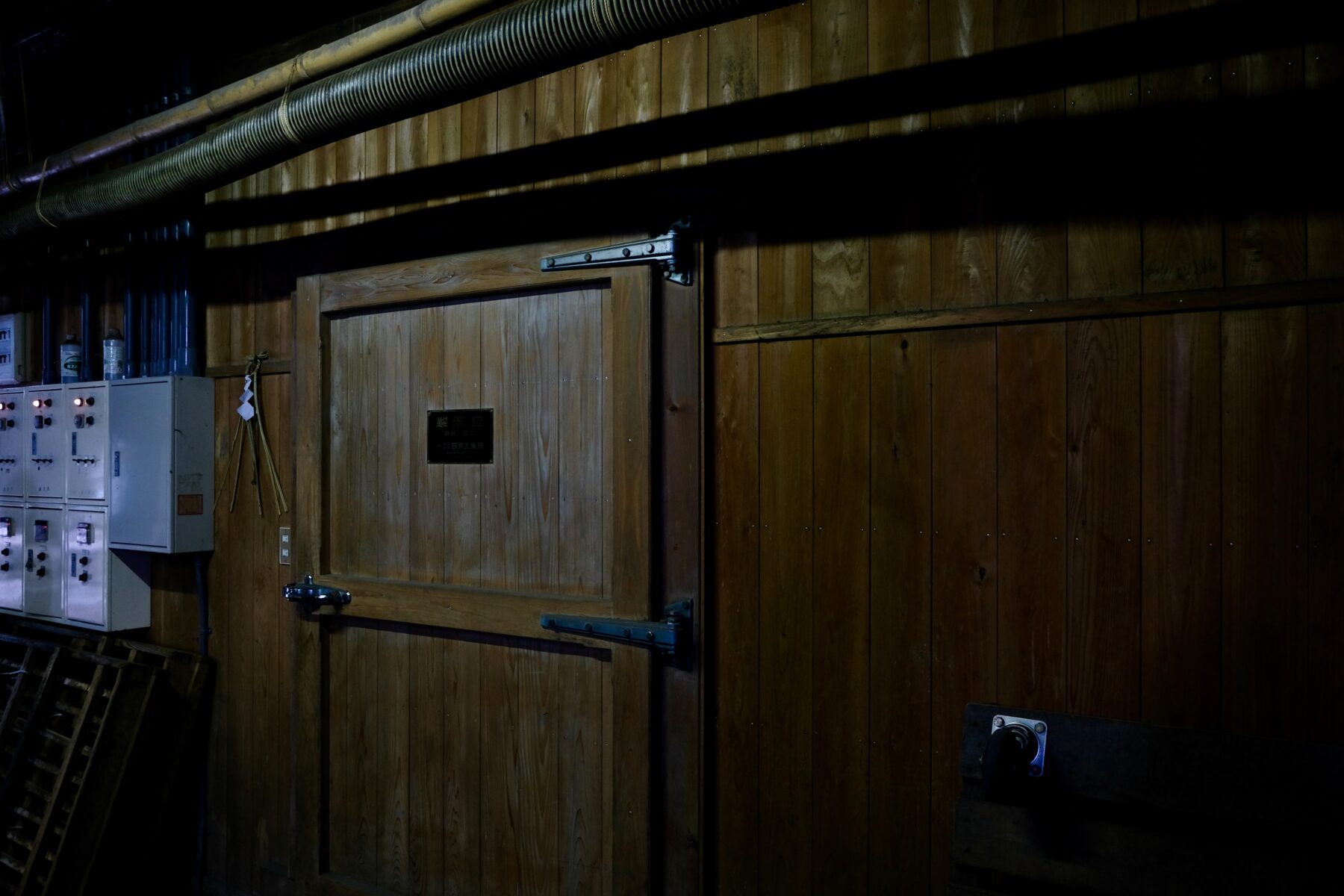
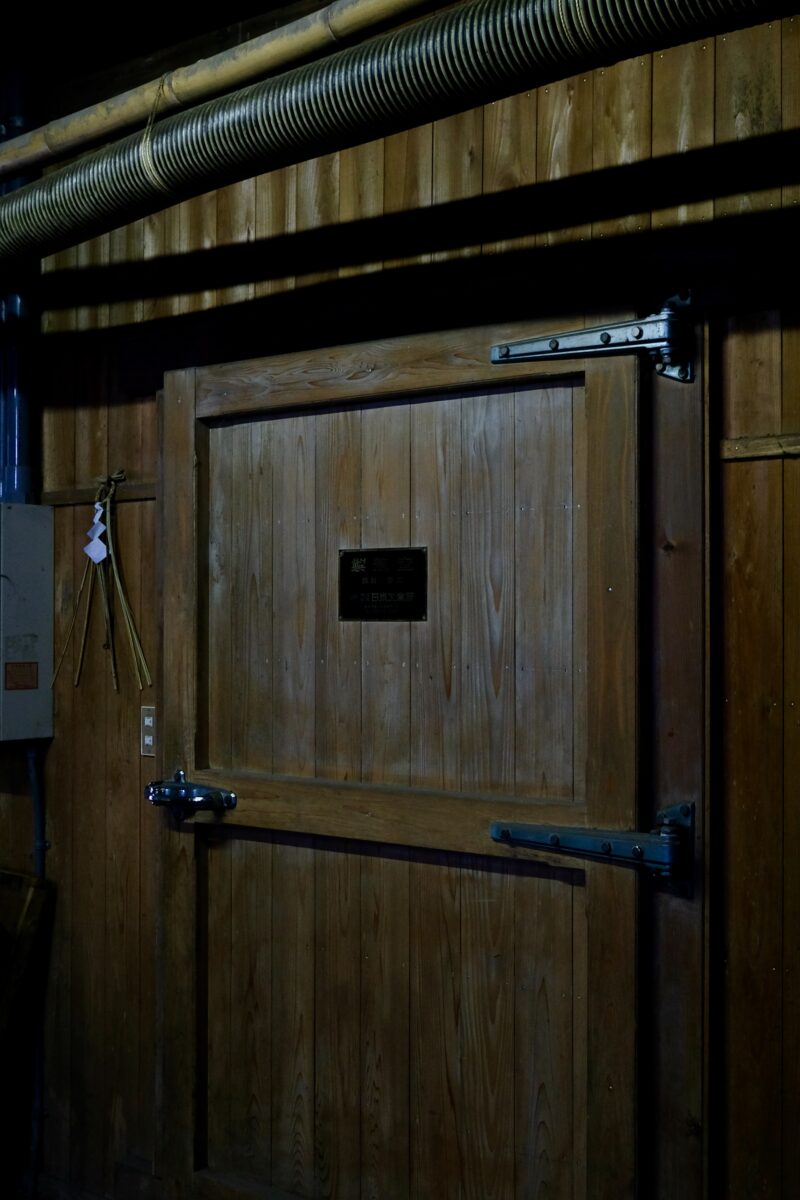
Meticulous Brewing of Japanese Sake at Kubota Shuzo
Kubota Shuzo’s commitment to excellence is evident in the meticulous craftsmanship of its sake, which showcases a harmonious blend of tradition and refined brewing techniques. With a careful selection of Chiba Prefecture sake rice, known for its exceptional quality, the brewery creates a sensory experience that has captivated the hearts of sake enthusiasts far and wide.
Among the distinguished offerings from Kubota Shuzo are the daiginjo and junmai-shu varieties, each with its own unique appeal. The daiginjo, crafted using the revered Yamada Nishiki rice, renowned for its suitability in sake production, embodies an exquisite balance of flavors. Delighting the palate with its nuanced notes, this sake exemplifies the artistry and precision behind Kubota Shuzo’s brewing process.
The junmai-shu, on the other hand, showcases the brewery’s skillful pairing of rice’s delicate flavors and umami. With a touch of dryness that enhances its complexity, this sake invites discerning connoisseurs to savor its rich and nuanced character.
Adding to the allure of Kubota Shuzo’s offerings is the brand name “Katsushika,” a homage to the local area. The name is artfully depicted as “勝鹿” (winning deer), symbolizing good fortune and success. It serves as a testament to the brewery’s dedication to producing sake that not only delights the senses but also embodies the spirit of auspiciousness.
With each sip of Kubota Shuzo’s sake, one can taste the legacy of craftsmanship and the commitment to preserving the art of sake brewing. It is a testament to the rich cultural heritage of the region and a true delight for sake enthusiasts seeking a transcendent experience.
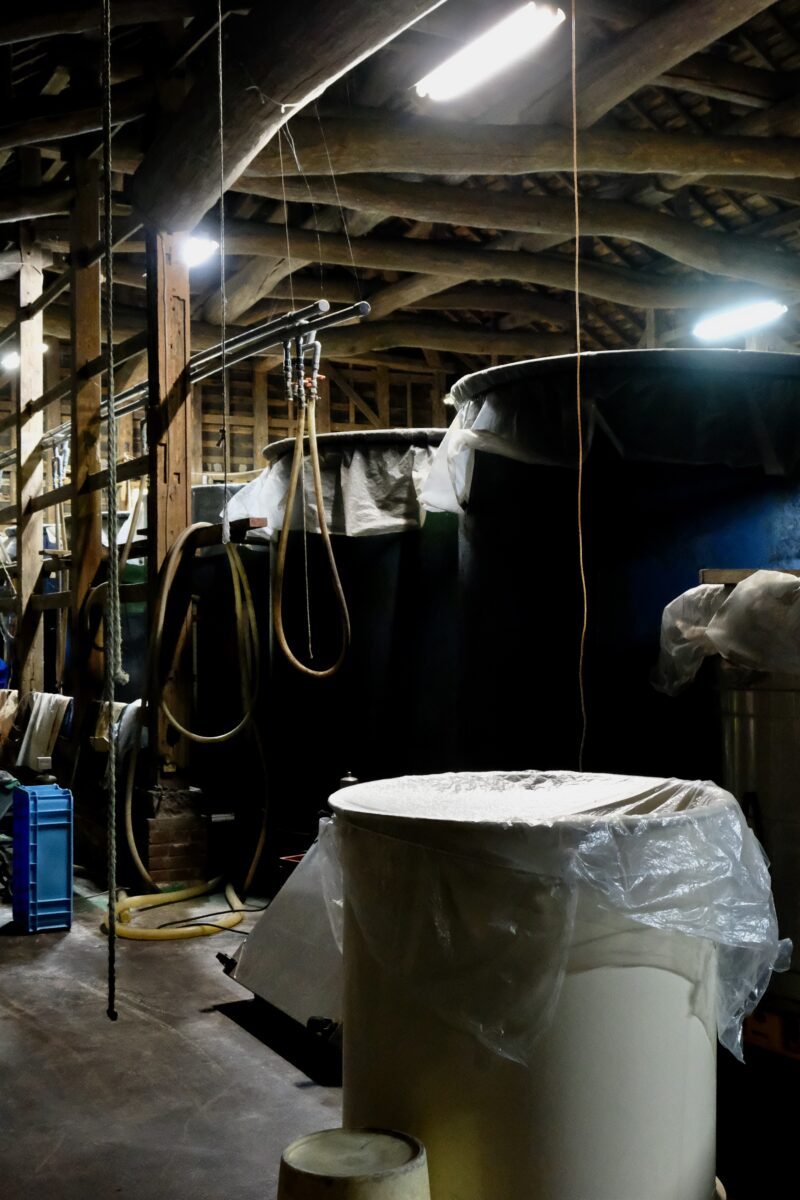
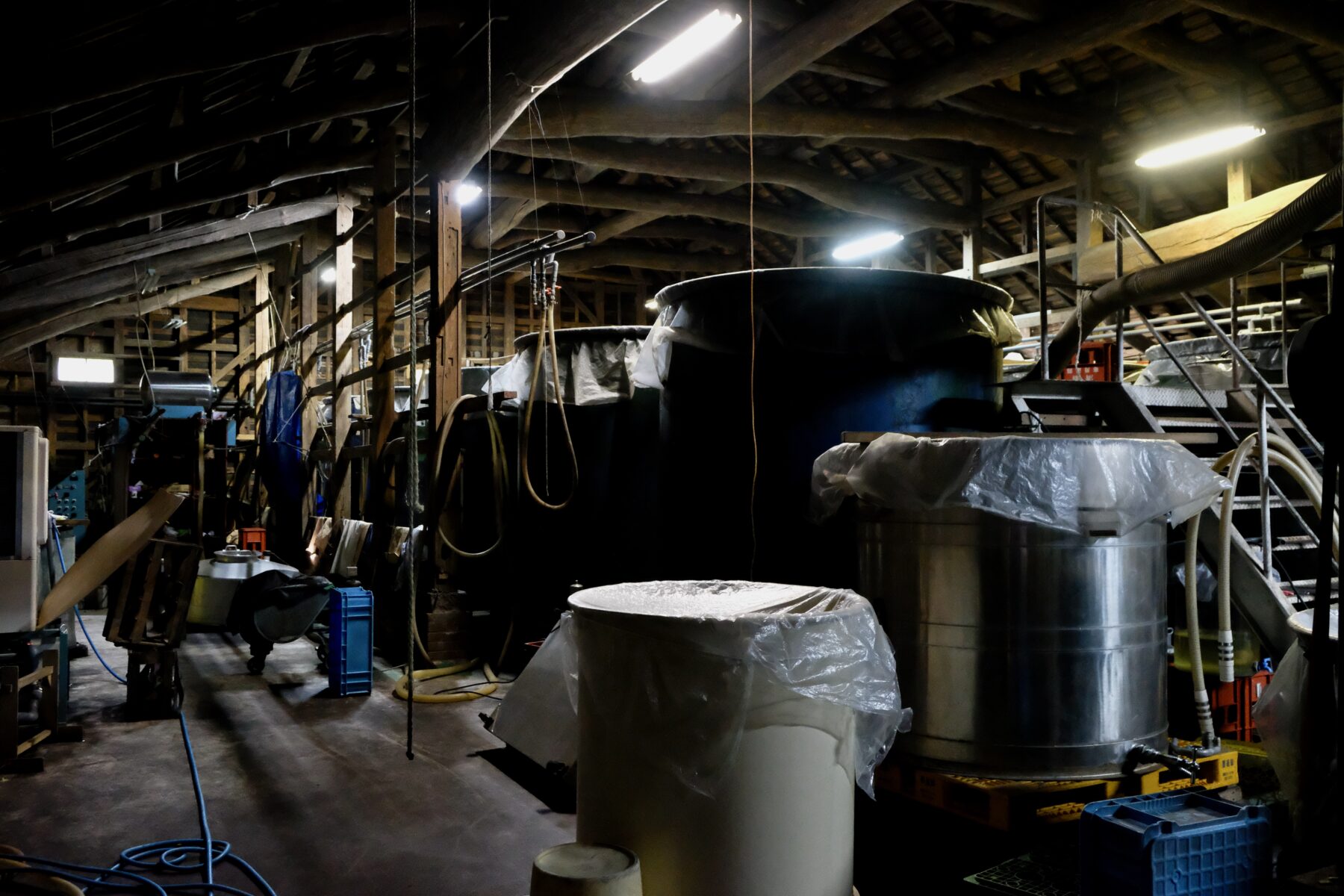
Kubota Shuzo's Mirin Production
Kubota Shuzo’s commitment to excellence extends beyond sake production. Despite its reputation as a renowned sake brewery, Kubota Shuzo also produces mirin—an indispensable element in Japanese cuisine.
You may wonder why a sake producer is producing Mirin. It is because Mirin is an alcoholic beverage! We often misconstrue Mirin as a mere condiment, but it possesses a fascinating identity as a distinguished liqueur. With its alcohol content reaching approximately 14%, comparable to wine and sake, and surpassing beer, Mirin holds its own among the esteemed alcoholic beverages.
Its historical significance dates back to the Sengoku period of the 16th century, when it captivated the palates of women and individuals with lower alcohol tolerance, serving as a delightful sweet libation.
The actual emergence of Mirin as a culinary ingredient can be traced to the illustrious Edo period. During this transformative era, characterized by the burgeoning population of Edo (modern-day Tokyo) and the flourishing of urban culture, the culinary landscape experienced a remarkable renaissance. The proliferation of outdoor dining establishments, including food stalls, paved the way for integrating Mirin into popular dishes.
Intriguingly, Mirin found its harmonious place alongside soy sauce, elevating the flavors of beloved culinary delights such as delectable eel dishes and savory soba noodles. This marriage of Mirin and soy sauce lent a distinctive depth and balance to these traditional gastronomic treasures, creating an enduring culinary legacy.
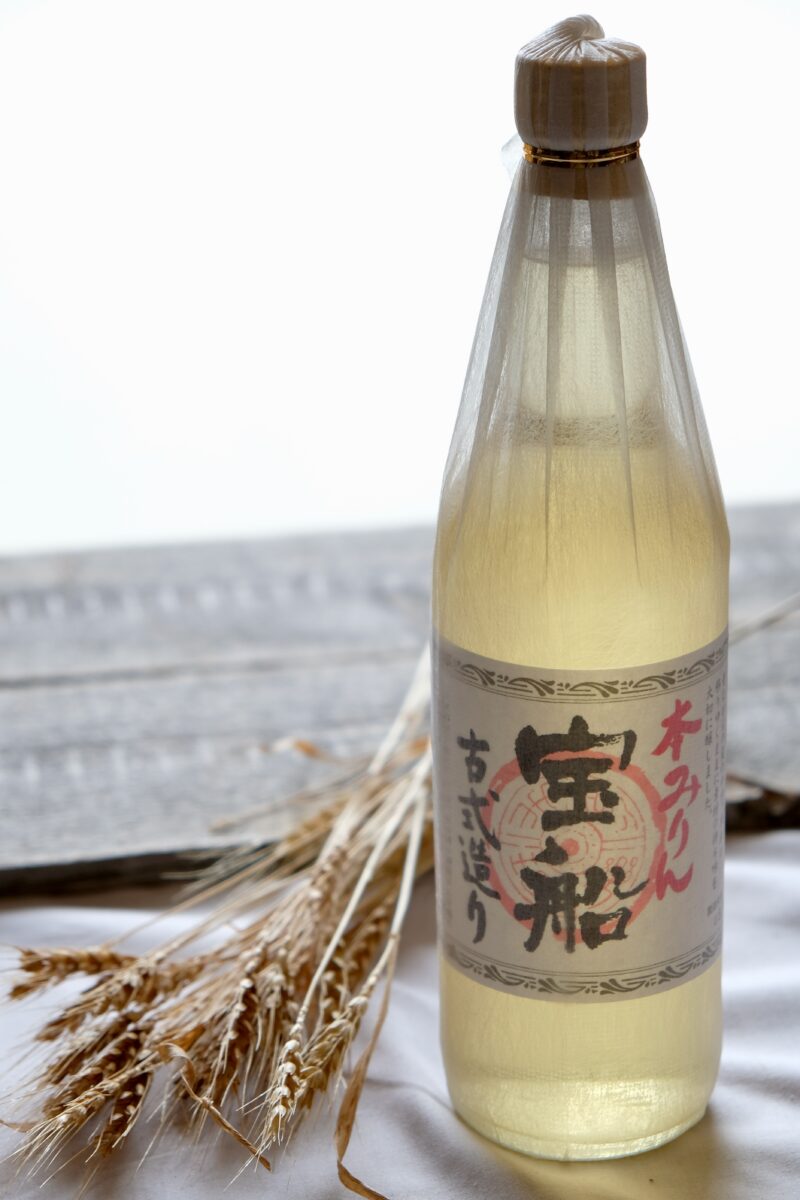
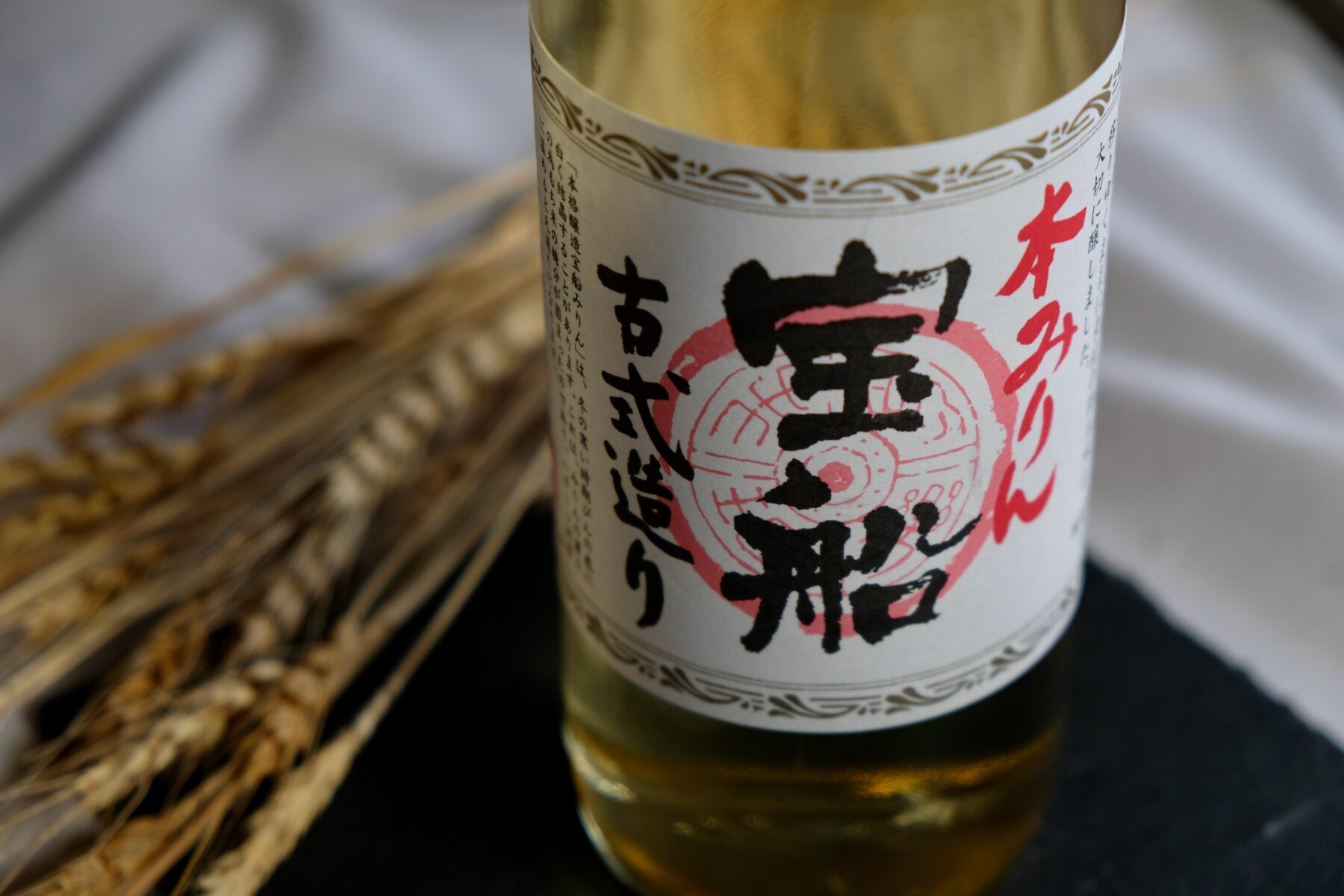
Crafting Mirin with Precision
Authentic Mirin is made by blending steamed mochi-rice, glutinous rice, with rice koji and adding shochu or brewing alcohol. The mixture is then left to mature at room temperature for approximately 90 days before pressing and filtration.
A distinctive feature of mirin production is using mochi rice as the main ingredient. The reason for this is to bring out its sweetness.
The starch of mochi rice comprises 100% a substance called amylopectin. On the other hand, starch in regular rice in sake production consists of 75% amylopectin and 25% amylose. As amylopectin is more easily broken down into sugar, mochi-rice with higher amylopectin releases more sugar, making Mirin sweeter than other alcoholic beverages.
Another distinctive feature of mirin production is that instead of undergoing alcohol fermentation like regular sake, Mirin incorporates shochu. Adding shochu suppresses yeast activity and prevents the conversion of sugars into alcohol, thereby preserving the sweetness. As a result, Mirin ends up being sweeter than traditional sake.
Kubota Shuzo blends uruchimai rice (locally produced and polished up to 70% for koji rice) for making rice koji and mochi rice (locally produced and polished up to 77.5% for steamed rice used in the brewing process) as the raw materials for their Mirin. The utilization of higher-grade polished rice sets their Mirin apart, providing luxury in every bottle.
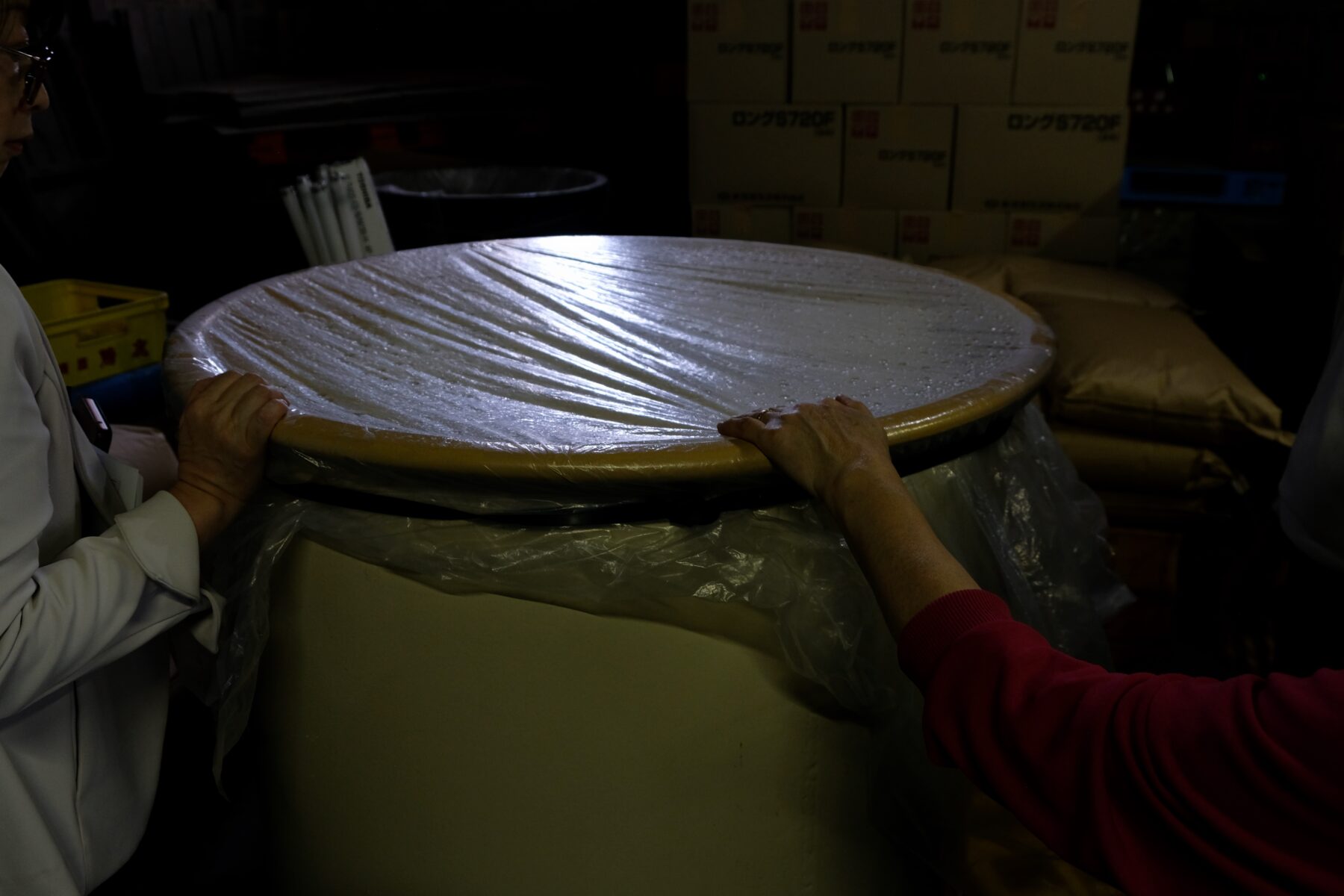
Mirin's Culinary Magic in Japanese Cuisine
Mirin’s characteristic sweetness and depth bestow a profound complexity on dishes. It is indispensable in quintessential Japanese delicacies like teriyaki sauce and simmered dishes. By incorporating Mirin, the overall flavor profile of a plate becomes more nuanced and robust. Moreover, when subjected to heat, the sugars in Mirin undergo caramelization, producing a delightful caramelized flavor and a glossy sheen on the surface of the prepared dish.
Beyond its flavor-enhancing attributes, Mirin also possesses the ability to tenderize ingredients. The inclusion of Mirin in cooking helps to break down the fibers of meat and fish, resulting in a tender and succulent texture that delights the palate.
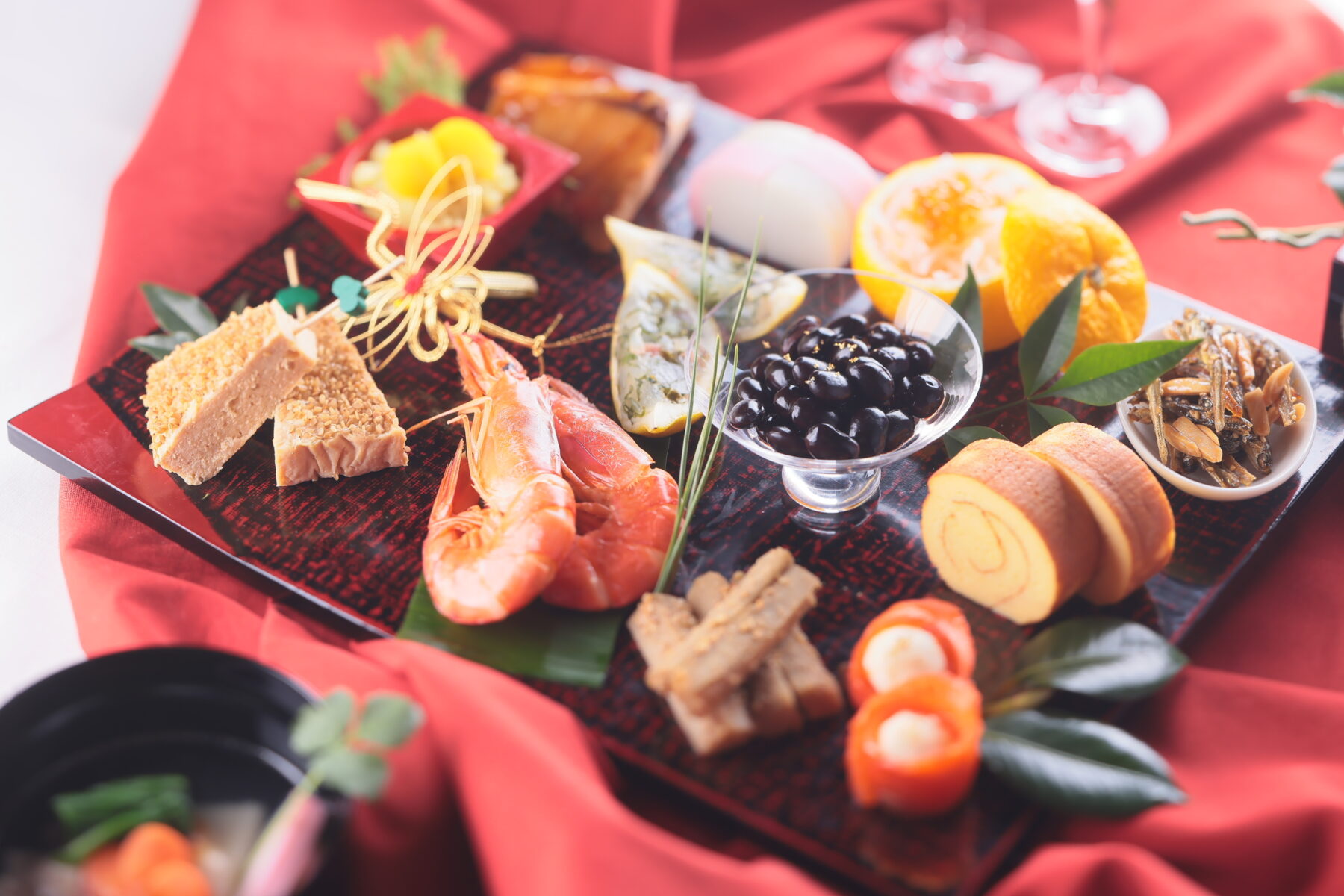
Preserving authentic Mirin production
Mirin, an embodiment of patience and time, undergoes an extensive maturation process of three months to unlock its exquisite flavor profile. Kubota Shuzo’s Mirin, recognized for its exceptional quality, enjoys a revered status among connoisseurs. It is eagerly anticipated by the local community, often experiencing rapid sell-outs upon release. Yet, amidst this acclaim, the brewery remains resolute in its unwavering dedication to upholding the highest quality standards.
While some producers have opted for low-cost methods to cater to mass production demands, there remains a distinction in the approach taken by Kubota. Unlike the prevalent practice of utilizing large fermentation containers, often around 3 tons in size, and expediting the process through heat application, Kubota adheres to a meticulous approach. They employ smaller 500-liter containers and allow for a natural fermentation period of 90 days, ensuring the utmost care and attention to detail.
In authenticity, Kubota sets itself apart by adding alcohol before the fermentation stage, which enhances the harmonious blending of flavors. However, it is worth noting that certain inexpensive variations of Mirin take a different route. These alternatives incorporate alcohol after fermentation, a cost-saving measure that compromises some aspects of traditional craftsmanship.
By preserving the traditional methods and commitment to quality, Kubota exemplifies a dedication to producing Mirin that truly embodies the essence of this revered liqueur.

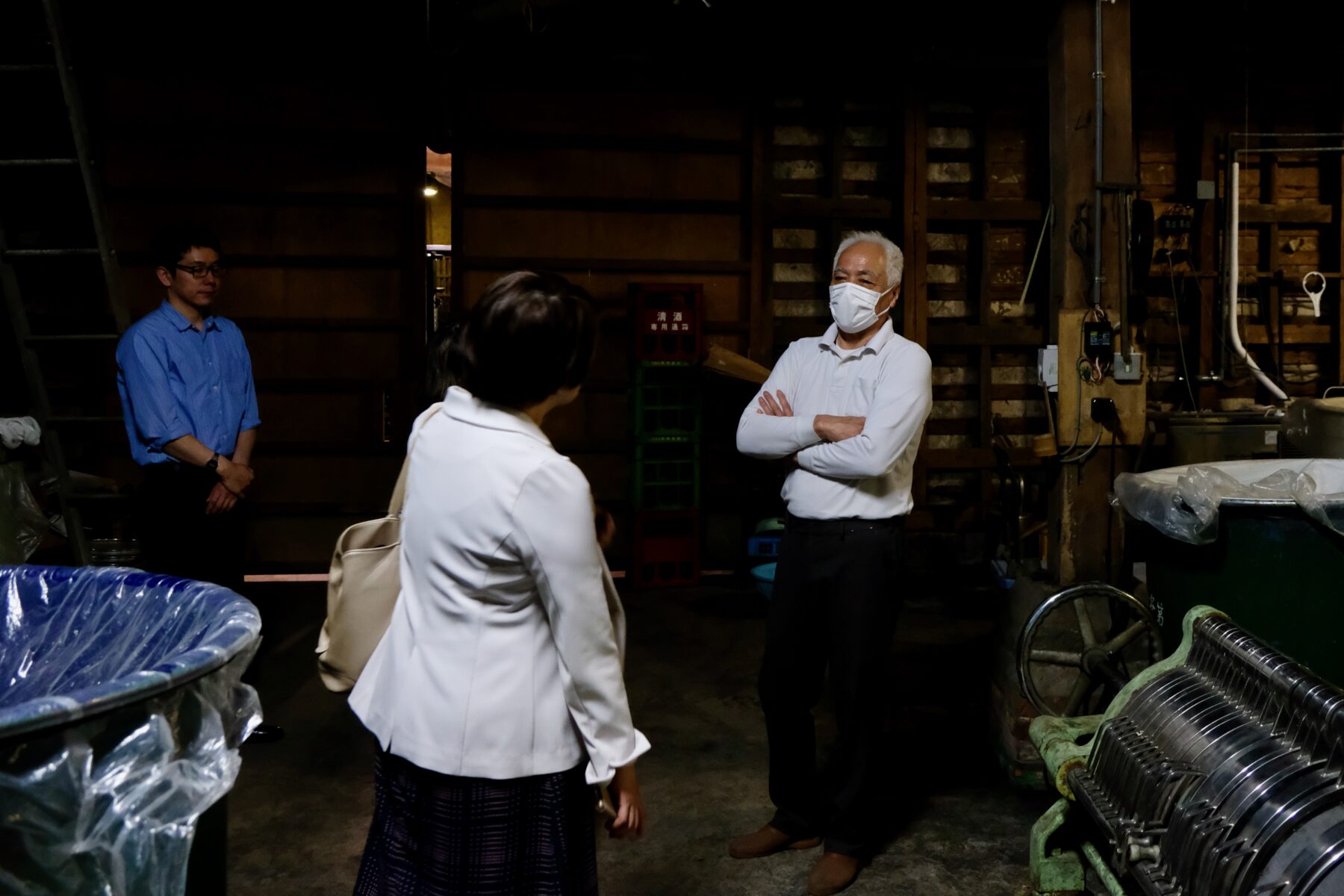
Passing the Torch: Kubota Shuzo's Next Generation
In anticipation of the future, Kubota Shuzo’s legacy is entrusted to the capable hands of Tatsunari Kunota, the next generation poised to lead the brewery into new horizons. While initially veering away from the family business, Tatsunari wholeheartedly pursued his passion for music, embarking on a career as a musician in the esteemed musical band of the Self-Defense Forces. However, destiny had a different plan in store for him, as a twist of fate beckoned him to embrace the path of succession, prompting his departure from the military and initiation into the art of sake brewing through rigorous training in Iwate’s renowned brewery. Today, Tatsunari actively contributes to Kubota Shuzo’s operations, playing a vital role in sales and the intricate brewing process, ensuring the brewery’s continued success and growth.
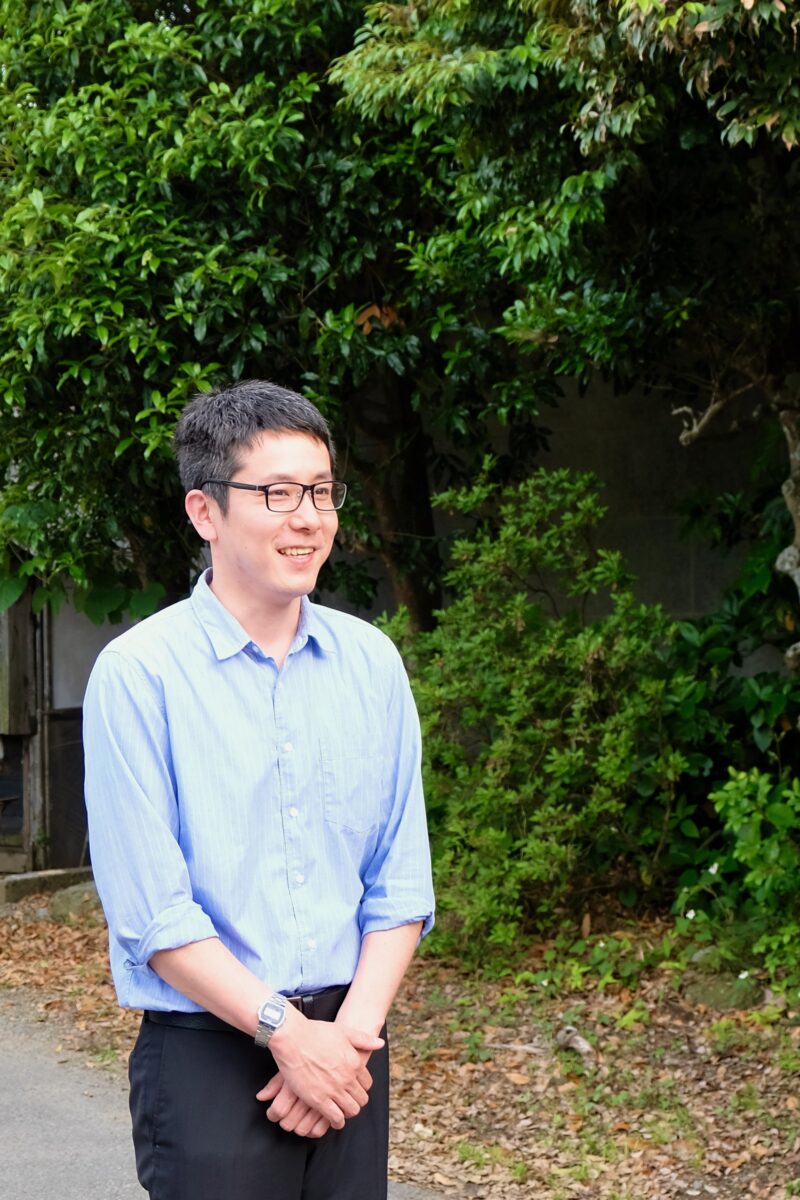

Mirin, the hidden gem of Japanese cuisine, continues to captivate taste buds and elevate dishes to new heights. Kubota Shuzo’s dedication to preserving tradition while embracing innovation ensures that their mirin holds a special place in the hearts of locals and enthusiasts. As the legacy of mirin-making is passed down through generations, the spirit of Noda’s cherished sake brewery lives on, enchanting palates and celebrating the culinary heritage of Japan.

Kubota Shuzo Co., Ltd.
- Established: 1830
- Address: 685-2 Yamazaki Noda City, Chiba, Japan 278-0022

